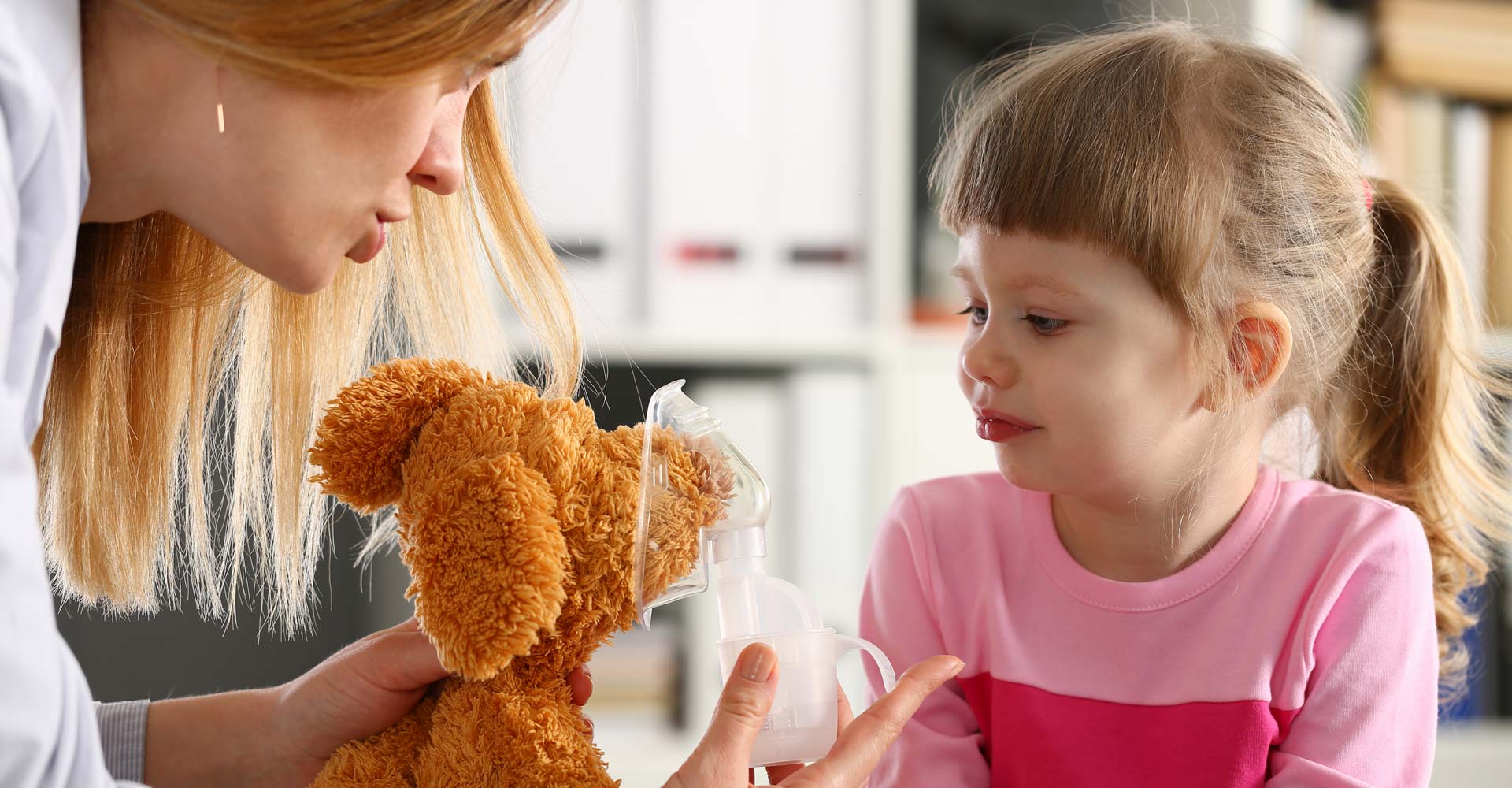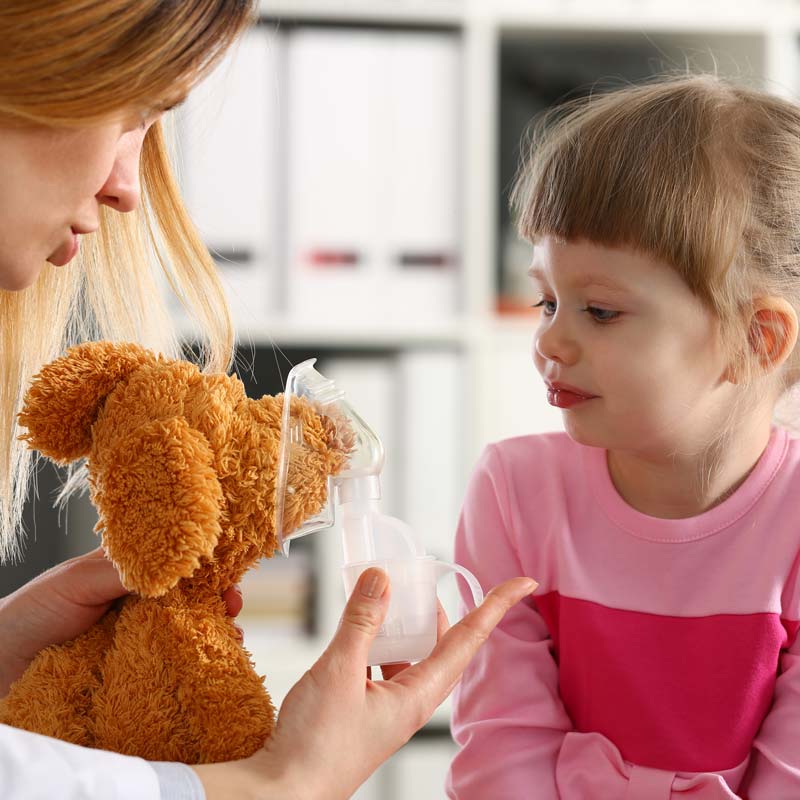Living with asthma can be difficult for children if their asthma is not well-controlled, because they may feel limited in what they can do during their daily activities. This specially applies to sports, play and social life. In addition, they may lose school days due to an increase in asthma symptoms and attacks.
Children with poorly controlled asthma may experience irritability, tiredness, and changes in mood. They may also tend to avoid exercise. This may lead to poor fitness and a higher risk of obesity.
If physical activity is causing your child’s asthma attacks, that’s a sign his or her asthma is not well-controlled and you should talk to the doctor about adjusting the treatment!
Fortunately, with the right treatment and lifestyle, children can manage their asthma, control their symptoms, reduce their risk of attacks and, in most cases, live with no or few limitations.
School and tutors should be informed about the child’s asthma, and be aware of what to do in case of an attack. Sharing the asthma action plan with them may be very helpful
Smash the asthma stigma !
Unfortunately, there is still a stigma against people with asthma, especially among teenagers.
In movies, people with asthma were often represented as being nerdy, weak and weepy, whereas having asthma has nothing at all to do with personality!
In addition, there’s still the belief that asthma is somehow related to emotions or that it is “all in your head”, but this is not at all true. This notion comes from old times when medical knowledge about asthma was scarce and, unfortunately, these misconceptions are still with us today.
The first step in the fight against these stereotypes is to quit thinking that asthma is something to be ashamed of and that it should be hidden. Having asthma is just a part of your life, and it should inspire you to take care of yourself!
While you may be uncomfortable in telling your friends that you have asthma or in using your inhaler in public, the reality is that this will not change who you are or the way your friends or classmates see you!
Be aware of role models, famous sportspersons or actors who have asthma.

